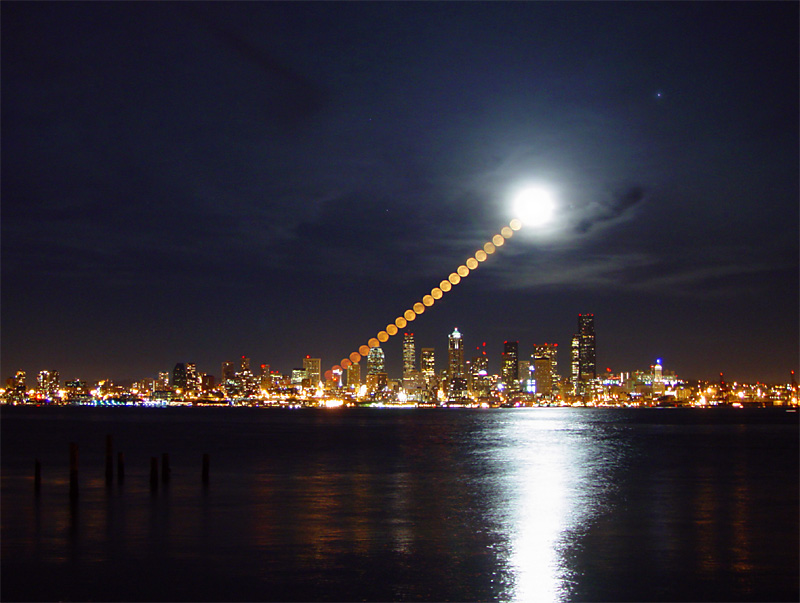"Write what you know" they say. Try as I might, my googling was not able attribute that quote to any one individual, so I guess it'll have to fall into the "sayings" category (unless any of you know).
But what happens when you feel you don't know anything at all? Or even worse, everything you know is wrong? I had a wake-up call along these lines several years ago when I was on the phone with an editor from Rolling Stone magazine hustling for work. During my "so tell me about yourself" reply, I talked of growing up in the Midwest, college in the South, formative work years in LA, and now life in the wilds of Brooklyn. Historically, the story of my odyssey had played very well and earned approving nods and smiles, but this guy casually knocked me down a sizeable peg with zero malice or sarcasm in his voice.
"Yeah, a lot of people end up in New York that way."
Just like that, one of my big "cards" was junked. What I knew (as far as life experience was concerned) was a virtual cliché. It smarted at the time, but looking back it was a valuable thing to hear. Yeah, I have some fun cocktail-party stories and small-talk openings, but at the end of the day EVERYBODY who goes out into the world and makes something of themselves has plenty of that stuff to pull from too.
So what do I "know" well enough to write about? I got to thinking about it over the weekend when Kristin Gore, in the "Questions For" segment of the NY Times Magazine, said that although she was happy living in California and far from Washington D.C. her upcoming novel is a political satire set in the White House because, "for better or for worse, Washington is a world I know well."
I get that. I also get that Gore was a successful writer on FUTURAMA despite never having lived in the future. So where does one draw the line on the "write what you know" mantra? I stumbled upon a good quote on the subject by contemporary American Novelist Daniel Quinn, author of
Ishmael: An Adventure of the Mind and Spirit
This quote made me think of plenty of "creative" people I've met along the way who violate the deceptively simple principle above, including the aspiring songwriter who never listened to new music and the aspiring screenwriter who proudly boasted that he didn't go to the movies."How can you make a great - or even an adequate - bouillabaisse if you've never had any? If you don't really understand why people read mysteries - or romances or literary novels or thrillers or whatever - then there's no way in the world you're going to write one that anyone wants to publish. This is the meaning of the well-known expression 'Write what you know.'"
In the end, all of us know as much as we truly believe we know, and when it comes time to write about any given thing, I guess you have to fill in the blanks as you're going by learning something new (that, conveniently, you then "know"). Writing what you know doesn't necessarily mean writing what you've lived.
One thing I feel certain about; if you fake it (especially in this day and age) you won't be writing for long.




















